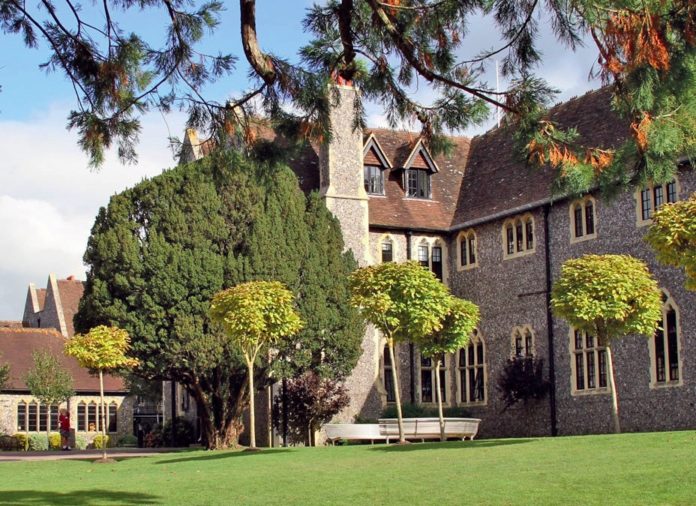Melanie Butler examines the results sector by sector
Two things set the UK junior market apart from competitor countries. First, most of the courses are residential, especially in the summer, and second, the high level of child protection, or safeguarding, as the British call it, demanded by the British Council inspectors.
Of course, Britain is famous for its boarding schools, and the Harry Potter books have made the idea of boarding popular with children across the world. But any residential care for children, from orphanages to scout camps, demands a high level of safeguarding, and in the UK, children’s welfare on language courses is in the remit of the British Council inspectors.
Boarding schools have been subject to strict safeguarding regulations for many years. But an analysis of the rankings shows that the two residential centres with the highest scores in child protection, Discovery Summer and Wimbledon School of English Juniors, are not owned and operated by year-round boarding schools.
There is still, of course, a demand for non-residential courses, and the top ones on our list include family run summer schools, two year-round dedicated young-learner centres, Broadstairs English Centre and the English Experience (UK), and one private language school which also has adult courses: Sidmouth International School. There is also one year-round boarding school, St Clare’s Oxford, which runs a year-round private language school.
The traditional family-run summer school operations are holding their own with Isca, Manor Courses, ECS and the International Student Club all making our list.
The most common form of summer school, however, is the ‘multicentre’, where an organisation runs residential courses in more than one location, often in boarding school facilities. Many of these are run by organisations which only operate vacation courses, and five of these make our charts: top performer overall Summer Boarding Courses, Discovery Summer, Exsportise, UKLC and Bucksmore Education. Three private language schools in our list have successful young-learner operations: Wimbledon School of English, International House London, and Churchill House; as do four chains: Bell, St Giles, Regent and King’s; and one boarding school, Bede’s, which runs courses in seven locations, including other boarding schools and universities.
But it is the traditional year-round boarding schools which dominate the young-learner sector. Based on their inspection reports, only 22 boarding schools opt to be accredited by the British Council (25 if we count the language schools which share premises with boarding schools owned by King’s), so they make up less than 5 per cent of all accredited centres and 15 per cent of young-learner specialists. But they also have the highest mean average score of any sector, with 8 areas of strength out of 15, and they make up nearly half of all the top-ranking young-learner specialists.
To celebrate their success, we have given them their own listing on this page (tied rankings are ordered by the bonus points, as explained on page 20).






